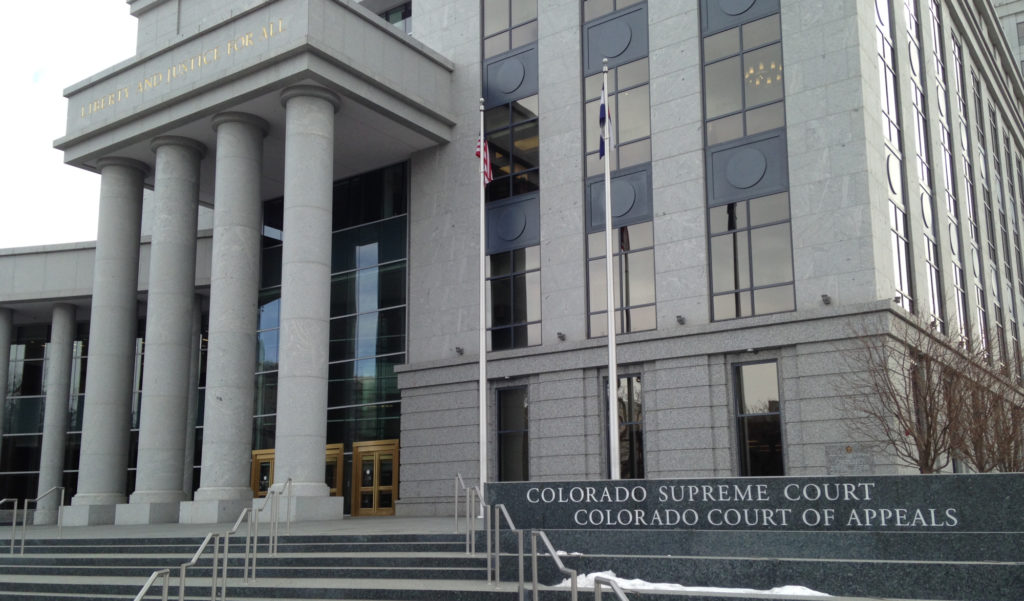By Jeffrey A. Roberts
CFOIC Executive Director
The Colorado Supreme Court on Monday agreed to review a 2022 appellate court ruling that lets a person involved in litigation with a government entity use the Colorado Open Records Act, rather than complying with the rules of discovery, to obtain documents relevant to the litigation.
Archuleta County and Colorado Counties Inc. had asked for certiorari in the case, arguing that the state Court Appeals failed to recognize “the profound implications of its decision,” which the counties said contradicted previous high-court rulings.
“The existence of what appears to be contradictory rulings by (the Supreme Court) and the Court of Appeals on the use of open records requests to supplant discovery practice in civil litigation will cause considerable confusion for the legal practitioners that represent the approximately 4,500 public entities subject to CORA,” wrote Todd Weaver, attorney for Archuleta County, in a petition submitted to the Supreme Court in February.

Last December, a three-judge panel of the Court of Appeals rejected arguments made by the Archuleta County clerk that CORA cannot be used in place of the discovery process in civil litigation. The judges upheld a district court order in favor of Pagosa Springs attorney Matt Roane, who requested the recording of an Archuleta County Commission meeting while suing the board for allegedly violating the Colorado Open Meetings Law.
The county contended the Supreme Court’s 1980 ruling in Martinelli v. District Court backed up the clerk’s claim that Roane should have used the discovery process in the Colorado Rules of Civil Procedure to obtain the recording.
But the Court of Appeals said the Martinelli decision “stands for the proposition that CORA does not bar production of documents otherwise producible in civil litigation. It does not support Archuleta’s contention that individuals litigating against public entities are precluded from obtaining documents from those entities through CORA during the pendency of the litigation.”
Weaver, in the county’s petition, noted that the Supreme Court in Martinelli stated that ““the legislature did not intend that the open records laws would supplant discovery practice in civil litigation.”
“The importance of clarity concerning the relationship between CORA and civil discovery to all public entities in Colorado justifies this Court reviewing the Court of Appeals’ decision,” Colorado Counties wrote in a friend-of-the-court brief filed in the case.
Follow the Colorado Freedom of Information Coalition on Twitter @CoFOIC. Like CFOIC’s Facebook page. Do you appreciate the information and resources provided by CFOIC? Please consider making a tax-deductible donation.




